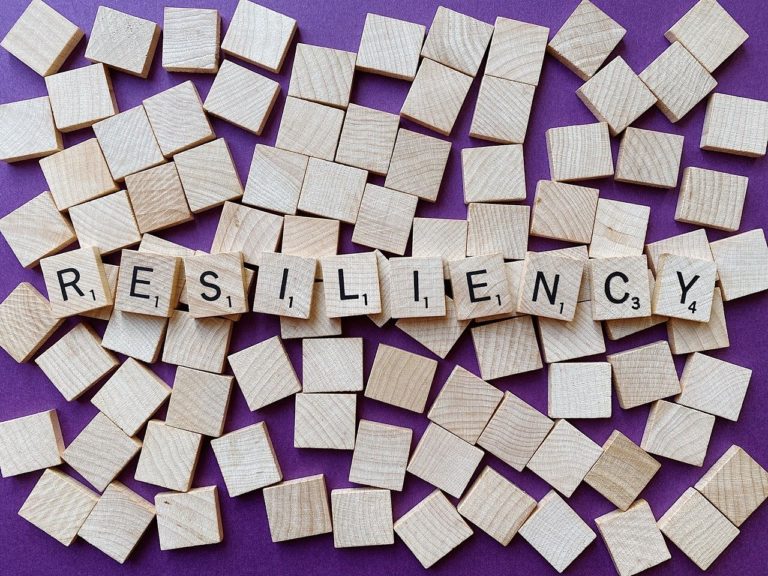This article is from the free online
Post-Traumatic Stress Disorder (PTSD) in the Global Context


Reach your personal and professional goals
Unlock access to hundreds of expert online courses and degrees from top universities and educators to gain accredited qualifications and professional CV-building certificates.
Join over 18 million learners to launch, switch or build upon your career, all at your own pace, across a wide range of topic areas.

 Dr Ruchika Gajwani has a Psychology PhD and ClinPsyD (Clinical Psychology Doctorate). Her current role is as a Clinical Psychology Research Fellow in the University of Glasgow’s Department of Child and Adolescent Psychiatry. She has a special interest in cognitive analytic therapy (CAT) and is currently training to be a CAT therapist.
Dr Ruchika Gajwani has a Psychology PhD and ClinPsyD (Clinical Psychology Doctorate). Her current role is as a Clinical Psychology Research Fellow in the University of Glasgow’s Department of Child and Adolescent Psychiatry. She has a special interest in cognitive analytic therapy (CAT) and is currently training to be a CAT therapist. Wooden tiles with letters spelling the word ‘resiliency. Source:
Wooden tiles with letters spelling the word ‘resiliency. Source: 

